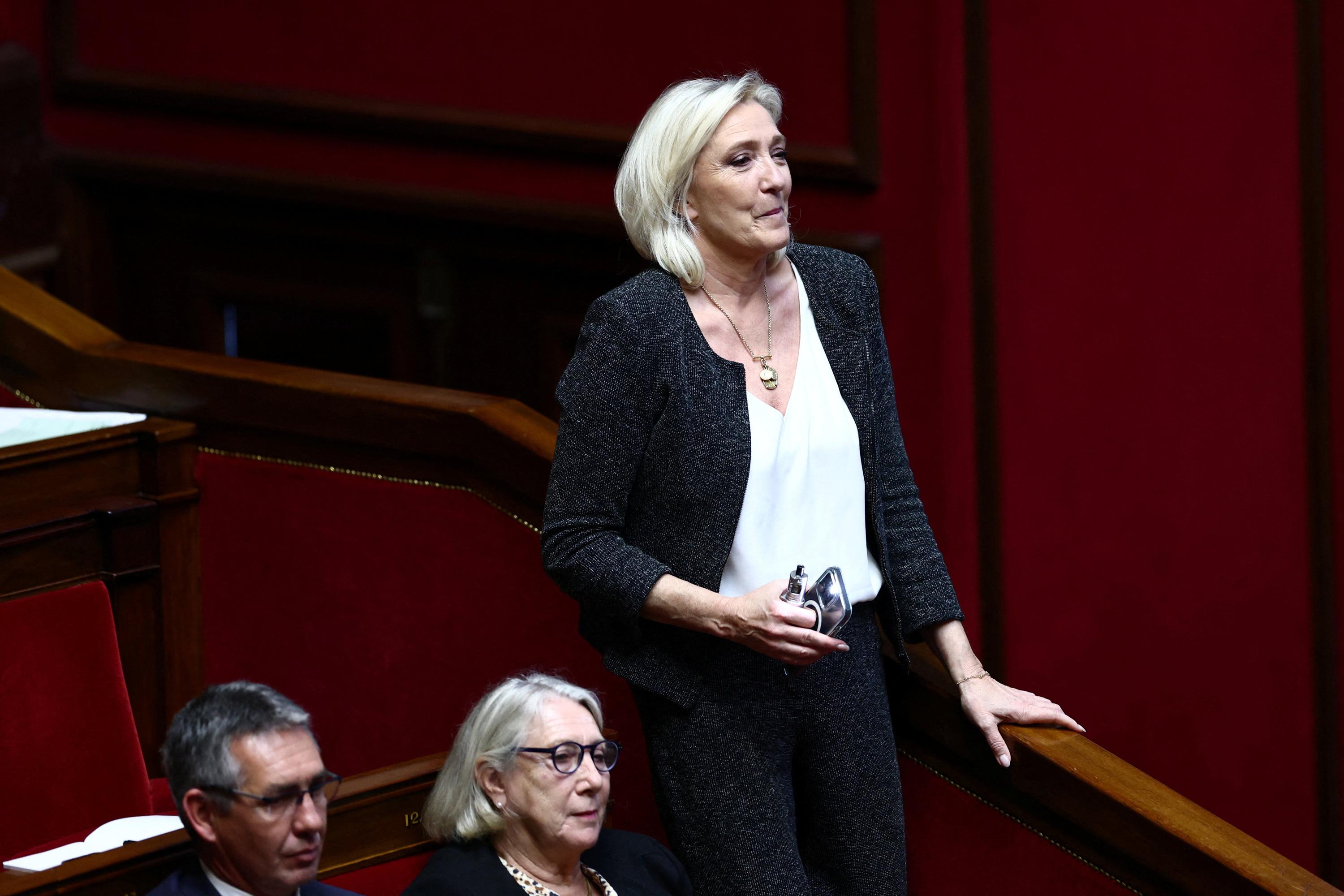Political and Economic Leaders Criticize Suspension of Pension Reform in France
Political and economic leaders in France react critically to the suspension of pension reform, calling for elections and warning of financial and regulatory consequences.
- • Marine Le Pen predicts the Lecornu government will not last and calls for elections.
- • Le Pen proposes an alternative pension reform with retirement at 60 years after 40 years of work.
- • Patrick Martin blames the Socialist Party for imposing pension reform suspension until 2027.
- • Martin warns of billions in financial costs and burdensome new taxation and regulations.
- • Both political and economic leaders express skepticism and caution about future reforms and government stability.
Key details
The suspension of the controversial pension reform in France has sparked strong political and economic reactions, with key figures expressing criticism and uncertainty over the government's future.
Marine Le Pen, leader of the Rassemblement National deputies, predicted the Lecornu II government’s tenure would be short-lived. In an interview on France Inter, Le Pen condemned other parties, including the Socialist Party (PS) and Les Républicains (LR), for failing to censor the government despite the suspension. She called for elections as the ultimate solution to the political crisis, emphasizing the sovereignty of the French people. Le Pen remains skeptical about motions of censure, doubting their likelihood of unseating the government but envisaging a dissolution within months if new elections are not triggered soon. She proposed an alternative pension reform featuring retirement at 60 years after 40 years of contributions, which she argues is financially sustainable. Additionally, she opposed the Zucman tax on professional assets and expressed cautious openness to collaboration with LR deputies under certain conditions. (Source: 101427)
From the economic perspective, Patrick Martin, president of Medef, sharply criticized the PS for having disproportionate influence that contributed to the reform’s suspension until 2027. Speaking on Radio Classique, Martin warned that the financial consequences would be severe, with billions of euros needing to be sourced from elsewhere starting 2026. He also criticized recent budget proposals, highlighting potentially burdensome taxation on family holding companies and the risk of overwhelming bureaucratic regulations that could destabilize entrepreneurs. Martin voiced hesitation regarding participation in any new social conference if it were to replay past failures where Medef was unfairly blamed despite its cooperation. He suggested an ideal pension system would combine public, independent, and salaried frameworks, building on prior legislation before the COVID-19 pandemic. (Source: 101483)
Taken together, these perspectives underscore deep divisions and challenges facing the Lecornu government following the pension reform suspension. Calls for elections and alternative reform plans from political opposition contrast sharply with business leaders' concerns about the financial and regulatory fallout, highlighting ongoing turmoil in France’s pension and political landscape.
This article was translated and synthesized from French sources, providing English-speaking readers with local perspectives.
Source articles (2)
Source comparison
Latest news
Katy Spicher Sues French State for Denial of Justice Over Unsolved 1983 Murder of Her Mother
French Public Sees Rise in Political Violence Amid Pre-Municipal Election Tensions
Businesses Drive French Economy Amid Rising Financial Challenges for Youth
France Climbs to 4th Place in 2026 Winter Olympics Medal Table After Biathlon Relay Gold
XV de France to Field Largely Unchanged Lineup Against Italy in Six Nations
France and India Deepen Strategic Partnership with Focus on AI Regulation and Defense Cooperation
The top news stories in France
Delivered straight to your inbox each morning.

